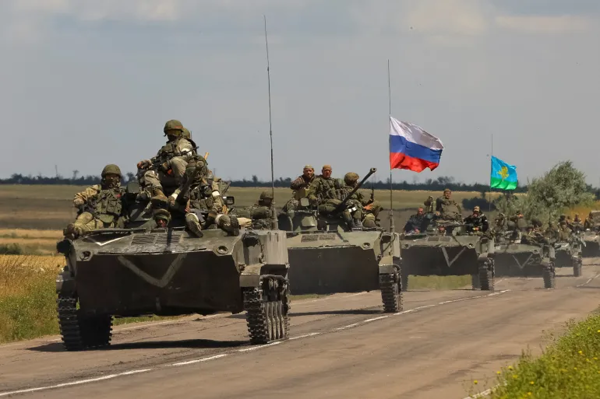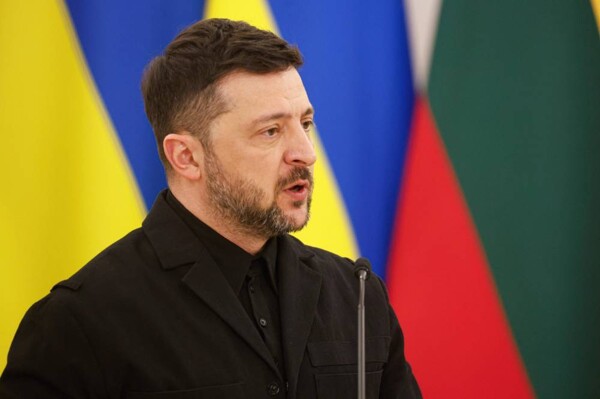U.S. Defense Secretary Lloyd Austin reported from Darwin (Australia) that the United States has not yet seen much military activity from North Korean troops in Ukraine, but this is expected to change soon. In a press conference, Austin indicated that there could be fighting soon and that North Korean troops will face challenges, such as language barriers in communicating with the Russian Army, which could generate friction.
Together with his counterparts from Australia and Japan, Austin met in Darwin and expressed his opinion on the situation in Ukraine, mentioning the possible emergence of fighting and communication difficulties between North Korean and Russian troops. It is estimated that around 50,000 Russian and North Korean soldiers deployed in the Russian region of Kursk have engaged in clashes with Ukrainian forces.
On the other hand, Ukrainian President Volodymyr Zelensky emphasized the importance of countering cooperation between Russia and North Korea to prevent a broader destabilization. Zelensky underscored the need to defend against this alliance, which could pose a risk to Ukraine and its allies. In this regard, leaders from the U.S., Japan, and South Korea condemned the military collaboration between Moscow and Pyongyang during the recent APEC meeting in Peru.
Furthermore, the U.S. assured that it will continue to provide equipment and assistance to Ukraine, expressing support for the next administration, led by Donald Trump, to maintain this stance. It was highlighted that Ukraine has managed to defend itself against the largest army in Europe for two years and it was emphasized that it is expected to resolve the conflict in Ukraine soon to avoid further consequences.














